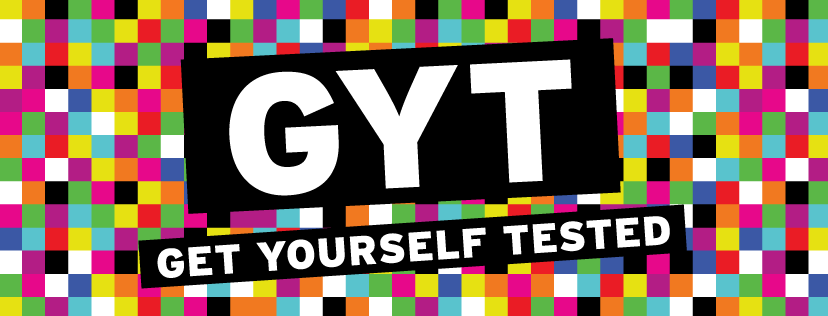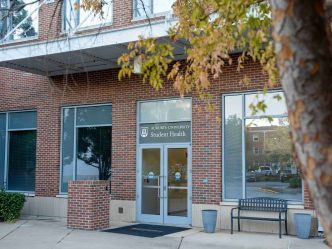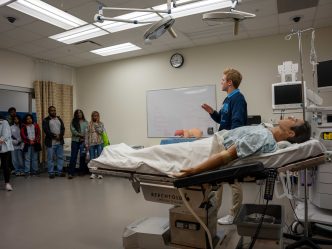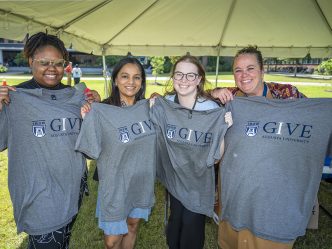Student Health Services (SHS) has brought a national campaign to Augusta University: “Get Yourself Tested,” or GYT. This campaign encourages young people, especially college students, to get tested for sexually transmitted infections.
Every Friday of Fall 2020, outside of fall and winter break, the Student Health Clinic on the Health Sciences Campus will be open for walk-in STI testing from 8 a.m. to noon.
“There’s no evaluation, no full medical history — just a quick screening,” says Shelli Larkin, associate director of Student Health Services. “Depending on how thoroughly you want to be tested, you can submit a urine sample, bloodwork, or both. Whatever you’re comfortable with.”
“GYT: Get Yourself Tested” is a campaign from the Centers for Disease Control and Prevention. Per the CDC, these infections impact young people the hardest — with nearly half of all new cases in the U.S. affecting people under 25 years old.
According to Student Health Services, conditions like gonorrhea and chlamydia can be detected via urinalysis, while conditions like HIV and syphilis are detected through bloodwork. Some STIs have long-term implications if left untreated, so the clinic is offering two different screening methods.
All screenings are quick and confidential. Samples will be sent to an outside laboratory and students will receive results via phone or email in 5-7 business days. To cover the lab costs, students can self-pay for testing or use their student or private insurance. There is no visit fee.
Student Health Services hopes the program will encourage students to be more proactive about their health, and will help students move forward safely into new relationships. SHS also hopes the program will reduce the stigma surrounding STIs and STI testing.
“For us, this is just another way to serve our students. We really want to offer services right here at our clinic, so we can establish relationships with students,” says Larkin. “If students have a good experience with us during this campaign, if they ever become symptomatic or have questions or concerns, hopefully they’ll feel comfortable coming to SHS for an appointment.”
The program is intended for students who do not currently have symptoms of an STI, and who have not been notified that a recent sexual partner has tested positive for an STI. Students with those circumstances are encouraged to make an appointment at SHS for a more thorough consultation and examination.
For more information about the program, review the flyer.
 Augusta University
Augusta University




